Cannabis – Medical cannabis use in older patients: Update on medical knowledge
Background
In 2001, Canada was the first country in the world to allow the use of medical cannabis (i.e., a broad term which encompasses the use of cannabis for therapeutic purposes) also known as medicinal marijuana. More recently, new Canadian legalization was enacted which governs the use of cannabis for recreational purpose, leading Canada to become the second country to legalize marijuana after Uruguay. This recent foray into legalization led cannabis back to the medical prescription pad for physicians. There is increasing scientific data suggesting that cannabis could be beneficial for a large range of medical conditions. Physicians must be well aware of related medical knowledge (i.e., indications, dose and safety properties) before prescribing cannabis to older patients who are a priori more prone to adverse cannabis effects, when compared to younger patients. A mini-review was conducted to examine evidence relative to medical cannabis use in older patients.
Methods
The design is a systematic English and French search of Medline (Pubmed), for articles published between January 1, 2001, and October 15, 2018, with the help of the following MeSH terms: “Cannabis” OR “Marijuana Abuse” OR “Medical Marijuana” OR “Marijuana Smoking,” combined with “Aged” OR “Aged, 80 and over.” A total of 451 abstracts were identified and full relevant articles were retrieved and analyzed.
Results
Even with a growing amount of data highlighting the positive effects of medical cannabis use, the reported results are mixed. Additionally, the sample size of participants is often small and there are few randomized control trials. This lack of evidence on the positive effects of medical cannabis use is especially important in older patients who are little examined. There is too little, not to mention frequently contradictory, data on medical cannabis use in older patients to guide cannabis prescription in this group of patients.
Prospect
To develop innovative interventions based on the use of medical cannabis to treat elders’ comorbidities
Partners
Foundation of the Jewish General Hospital
Faculty of Medicine, McGill University



